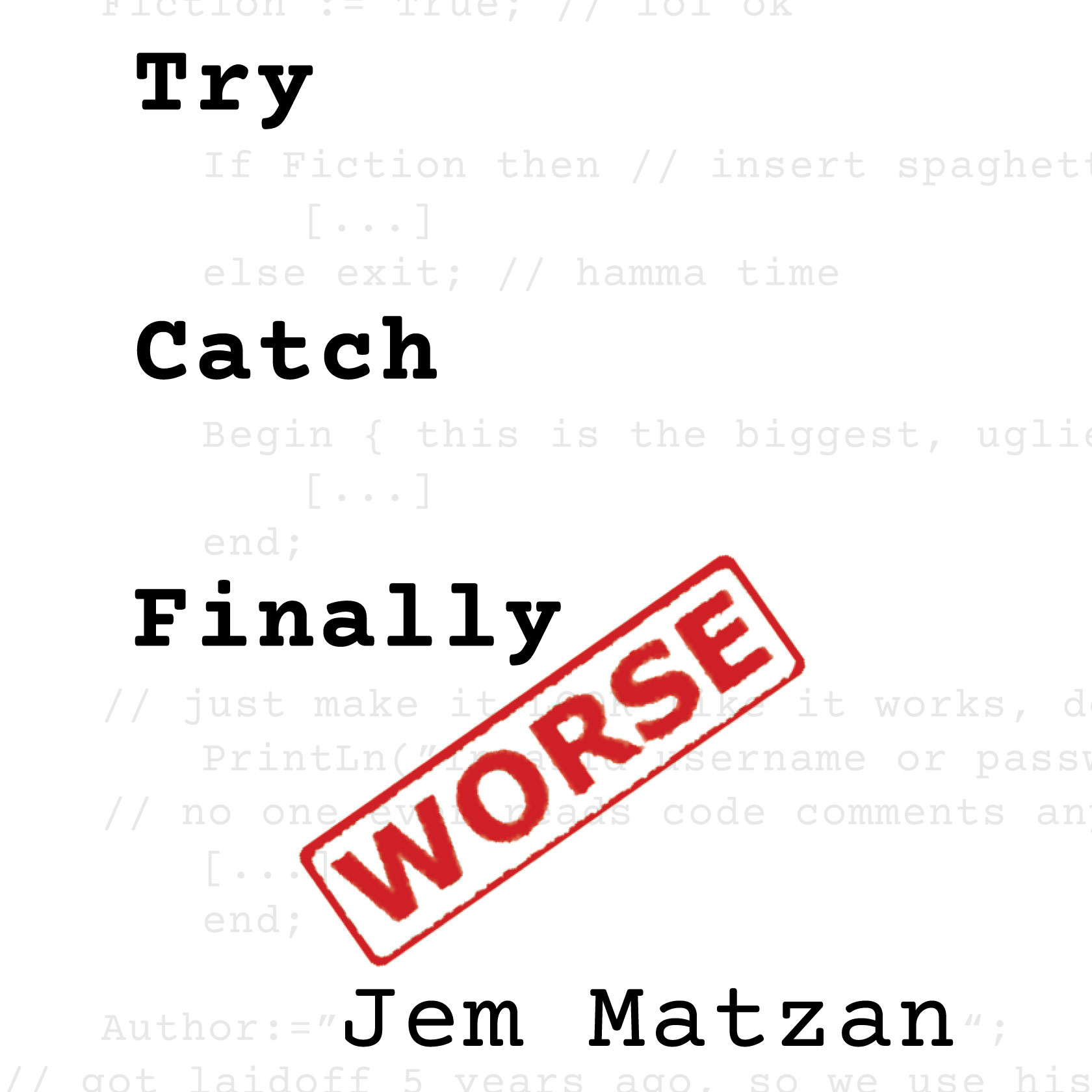Dark Impressionism
Literary Dark Impressionism is a combination of impressionism, realism, and brutalism. It explores the themes of Existential Isolation, Moral Ambiguity, Post-Multiculturalism, Post-Feminism, and Classical Romance. This is not the law; the list will change as my writing style evolves.
Style
Impressionism
- Highly subjective narrative: first-person or third-person limited, always past-tense
- Explore the concept of "third-person mixed" -- internal narrative for the character in focus
- Ideas are paragraphs, sentences are thoughts
- Role-play every character, see the world as they do
- The main character does all the thinking and talking, not the author
- Expression before dialogue instead of post-dialogue attribution
- Body language applies a layer of meaning to dialogue
- Descriptions focus only on the main character's perception of meaningful details
- Characters only have the names they absolutely need (sometimes just a title)
- Chapters and chapter titles are not required; if there are chapters, they must not employ serial gimmicks like chapter-ending cliffhangers and clever titles
- Context provides meaning
Brutalism
- Grade-school rules are for grade-school writers
- Detailed thoughts are best expressed as "run-on sentences"
- Use all parts of the sacred cow; don't just slaughter it for the meat
- The censors can go fuck themselves; never be afraid to use an impolitic word, especially in dialogue
- No god worth believing in would give a damn whether you use a capital g
- Narrative must be honest, straightforward, and modern:
- No cliches
- No references (without prior explanation), subtle homages, or reference humor
- No literary peacocking, posturing, or provocation
Hyper-Realism
- No cheese -- dialogue and narrative must be real, speakable, believable
- Real fighting:
- No guns in general, but when there are guns, they have limited ammo, aim is consistent for each character, and jams and empty clips don't save the day
- No "plot armor"
- Lasting consequences for injuries and physical limitations
- Realistic physics
- No deus ex machina allowed, unless it's really funny
- No plot holes or loopholes; systems of magic or science must be self-limited
- Anger makes people weaker, not stronger
- Pervasive uncertainty:
- Conditions change before problems can be fully resolved
- There is never enough reliable information to make perfect decisions
- The morality of The Quest must be constantly challenged, and become less certain over time
- New characters can appear at any time
Themes
Existential Isolation
- Most characters are subtly isolated from society because of an oversight or side-effect of The System
- Every character has a dark secret that is never fully revealed
- No visible central authority figure
- Order is highly local -- middle managers, town sheriff and small squad of constables, castle guards, private mercenaries / bodyguards
- The story setting is always 20 or 30 years after The Golden Age or The Great Disaster
- Simultaneous decline and advancement, both literal and metaphorical, micro and macro; you must lose what is familiar and comfortable in order to cure the malaise of entropy
- Faith in the infallibility of The System is the path to madness and self-destruction
- Prosperity is an unsustainable illusion that requires unethical behavior to achieve and maintain
- Everything has a purpose, but it's never truly fulfilled, and often ends up abandoned
- Nothing ever works as imagined / anticipated / planned
- Physical space is either highly occupied, or abandoned and run-down; there is no usable, undeveloped space
- Everything is owned, but nothing is stewarded
Moral Ambiguity
- Success is impossible without sacrificing morals; you cannot go "by the book" and win, but if you get caught breaking the rules you'll lose
- The highest virtue is completing The Quest
- No pure heroes or unreasonably evil villains
- Heroes are ethical by default, ruthless when threatened with failure or hemmed-in by the rules
- Villains are unethical by default, empathetic and honest in the face of deadly danger
- Bad actions have predictable and reasonable consequences (revenge, retaliation, ostracism)
Post-Multiculturalism
- "Culture of origin" is less important than "culture of context"
- The ultimate virtue is to refuse to allow anything to supercede our humanity -- gender, social class, race, religion, culture, nationality, sexuality, occupation, title, etc. do not define a person
- The more strongly a character associates with a group identity, the more corrupt and immoral they are
- Only the most unscrupulous people have the resources to demean, abuse, and exclude people according to their physical characteristics; in general, everyone is valuable, everyone is needed
- No character stereotypes, though characters can leverage implied stereotypes to gain an advantage or make a joke
- There are no "stupid" people -- everyone's intellectual balance is different but equally powerful
- Survival requires cooperation, collaboration, and diplomacy
Post-Feminism
- Men struggle with the paradoxical expectations, requirements, and limitations of masculinity in a modern context
- Women do not have to prove their capability; they are independent but not aloof; externally armored, internally vulnerable; perceptive, skilled, capable
Classical Romance
- Love is not an external magical force, it's an internal spark of inspiration that fuels the ultimate fantasy of building something together (partnership, team, or family) that is greater than the sum of the individuals
- With or without sex, romance is always the convergence of adventure and love
